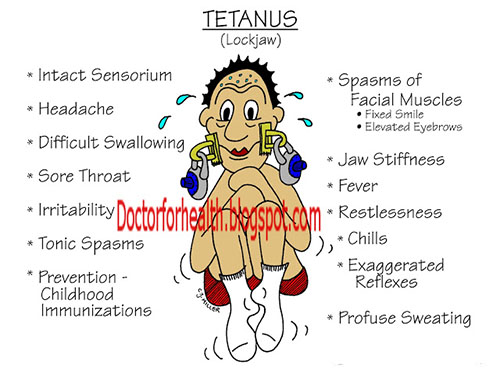For fear of poisoning (story here), my daughter who loves milk tea will refrain from drinking one for now. Cases of food and beverage poisoning caused by bacterial contamination is particularly high during the summer months. We can avoid getting sick if we are wary of the food and water we take. We may also check on the sanitation of the stores we get our favorite snacks from. Don’t get me wrong, maraming simpleng stores (‘yung tipong suki na natin) pero malinis naman ang pagkagawa ng paninda nila. Alarming lang talaga nangyari sa milk tea poisoning.
Meanwhile, the government has issued an update regarding the alleged milk tea poisoning:
The Department of Health (DOH), in coordination with the Food and Drug Administration (FDA) and toxicologists from the UP-Philippine General Hospital (PGH), obtained and studied the footage from the food establishment to aid in assessing the clinical manifestations and course of illness of the victims. Samples of the milk tea ingested were also submitted for examination. Preliminary results were negative for suspected toxic substances. However, we have expanded the tests to include biological samples such as blood, tissues, and gastric contents from the victims as collected during the autopsy.
The situation appears to be an isolated event, pointing to a possible case of poisoning. Let me emphasize that this is isolated. In fact, this is the third time the couple bought milk tea in the same food establishment. No untoward incident happened during the previous intake. We appeal to the public not to generalize the situation as many small and medium scale enterprises are dependent on the sale of milk tea and similar beverages.
A joint DOH-DENR Advisory concerning cyanide-containing substances has been issued in 2010. Taking into consideration the serious health impact of cyanide-containing silver jewelry cleaning solutions, the DOH calls for the immediate passage of a law making the sale and dispensing of these substances a criminal act. Meanwhile, we urge the local government units to pass ordinances banning these substances in their respective jurisdictions.
We call on the public to be aware of the initial signs and symptoms of poisoning, such as vomiting, diarrhea, muscle weakness, and impaired or loss of consciousness. Whether mild or severe, the patient should be immediately brought to the nearest hospital. Poisoning is deadly and immediate medical attention is warranted.For inquiries, the National Poison Center-PGH, which is open 24 hours and seven days a week,may be reached at the following numbers: (02) 554-8400 local 2311, (02) 524-1078, or 0922-8961541.
doh.gov.ph





